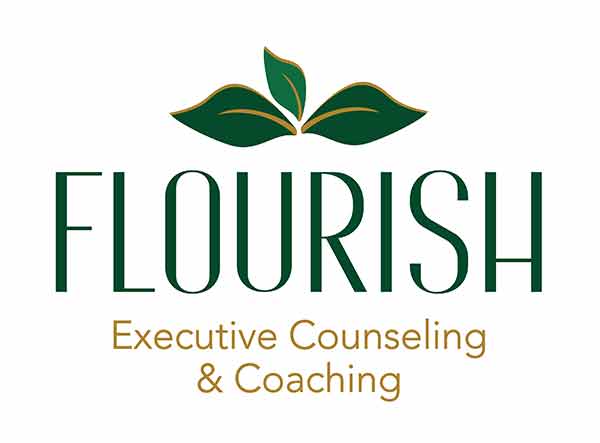Succession planning is an essential, albeit often overlooked, aspect of leadership and organizational development. For many CEOs and founders, their business is not just a job—it’s a part of their identity. This makes the prospect of stepping down or handing over the reins an incredibly personal and complex initiative. Yet, with thoughtful planning and strategic execution, this transition can mark the beginning of a new, fulfilling chapter for both the individual and the organization.
The Importance of Succession Planning
Strengthening the Organization
At its core, a robust succession plan is about future-proofing your business. It ensures that your organization can continue to thrive, even in your absence. This involves identifying potential leadership gaps, nurturing talent within your team, and gradually empowering others to take on more responsibilities. Organizations that overly rely on their founders often find themselves at a disadvantage, reflected in a lower EBITA value. Conversely, by strengthening your team, you’re directly contributing to the resilience and financial health of the business.
Personal Fulfillment and Transition
For exiting leaders, the process of stepping down is not just a logistical challenge—it’s a deeply personal one. It requires you to reimagine your life’s structure, seeking fulfillment and purpose outside the confines of your business. This transition is an opportunity to invest in your well-being, relationships, and interests that may have taken a backseat during your tenure.
The Harvard Happiness Study
The Harvard Study of Adult Development, one of the longest-running studies of adult life, has shown that the quality of people’s relationships are far more important to their happiness and health than previously thought. For founders and CEOs, this underscores the importance of cultivating a life rich in connections—be it with family, friends, or community—as they transition away from their business roles.
A Patchwork Quilt of Happiness
Succession planning, then, can be seen as creating a patchwork quilt of happiness quotients. If work has been your primary source of fulfillment, it’s crucial to start diversifying your sources of joy and satisfaction. Engage more deeply with your community, pursue hobbies, focus on your physical health, and nurture your relationships.
The Sabbatical Test Run
One innovative approach to succession planning is the concept of a sabbatical. Once you’ve begun developing your team and reflecting on your personal goals, a sabbatical serves as a practical test run. It allows the organization to identify operational gaps and areas of excellence in your absence. Simultaneously, it offers you a glimpse of life outside the organization, helping to ease the transition. Watch this quick video to see how my sabbatical began to change the shape of Flourish Executive Counseling and Coaching.
Developing the Team
Preparing your team for your absence involves more than just training your successor. It means assessing the team dynamics, addressing any of the five dysfunctions of a team that I so often discuss (absence of trust, fear of conflict, lack of commitment, avoidance of accountability, and inattention to results), and coaching your team to higher performance levels. A well-prepared team is the bedrock of a successful succession.
Building Your Bridge Plan
A bridge plan is your roadmap from where you are now to where you want to be post-transition. It encompasses your personal and professional aspirations, outlining how you will achieve them. This plan should be viewed as a process, not a one-time event, requiring introspection, adjustment, and patience.
Conclusion
For CEOs and founders, creating a succession plan is a profound exercise in leadership and legacy. It’s about ensuring the longevity and success of the business you’ve built and paving the way for your next adventure. By focusing on strengthening your team and diversifying your sources of fulfillment, you can make the transition a rewarding experience for everyone involved. Remember, success in succession planning lies not just in the destination but in the journey.
Executive coaching can help in all of these areas. If you are moving toward an exit of your business, let Flourish Executive Counseling and Coaching assist. Schedule your consultation today.

